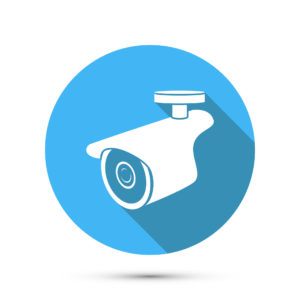
The St. Paul City Council recently heard an array of testimony from both supporters and opponents of police body cameras, as the city prepares to launch the program on November 9.
Speaking at a council hearing last Wednesday, a proponent of the police body cameras argued that the technology will increase public trust in minority communities, where trust of police is the lowest, while at least one opponent argued that the cameras will be used to thoroughly document the inside of a suspect’s house when an officer enters the residence. Those were just a few of the many arguments the council heard in favor and in opposition of the video technology.
Rolling Out The Cameras
Departments will be able to create their own plan for implementing the body cameras, but they all have to follow a certain number of expectations. Officers will be expected to turn their cameras on when:
- Performing a traffic stop
- Frisking a suspect
- Making an arrest
The regulations also suggest that the footage will remain private unless the officer causes great bodily harm or death. Any person who appears in the footage can request a copy of the video after an investigation has been completed.
St. Paul police Senior Cmdr. Axel Henry already stated that the Western District of St. Paul plans to test two different camera systems over the next two months, with roughly 60 officers being outfitted with the devices. He also added that of the nearly 1,400 Minnesotans surveyed about the technology, “Eighty-one percent said that police wearing body-worn cameras increases trust in the police.”
However, not everyone supports the new cameras. Jeff Martin, president of the St. Paul NAACP, said the technology could be abused.
“Police-worn cameras are no substitute for broader reforms,” said Jeff Martin, president of the St. Paul NAACP. “In fact, (they could) be used to intensify disproportionate surveillance and disproportionate enforcement in communities of color. … There is a real risk that these new devices could be instruments of injustice.”
While some people may not be in favor of the technology, past studies have shown that they have been successful in reducing complaints against officers and officer-involved incidences. Hopefully the new recording devices in St. Paul will have similar effects, but we’ll certainly be keeping an eye on how the technology works in its infancy.





